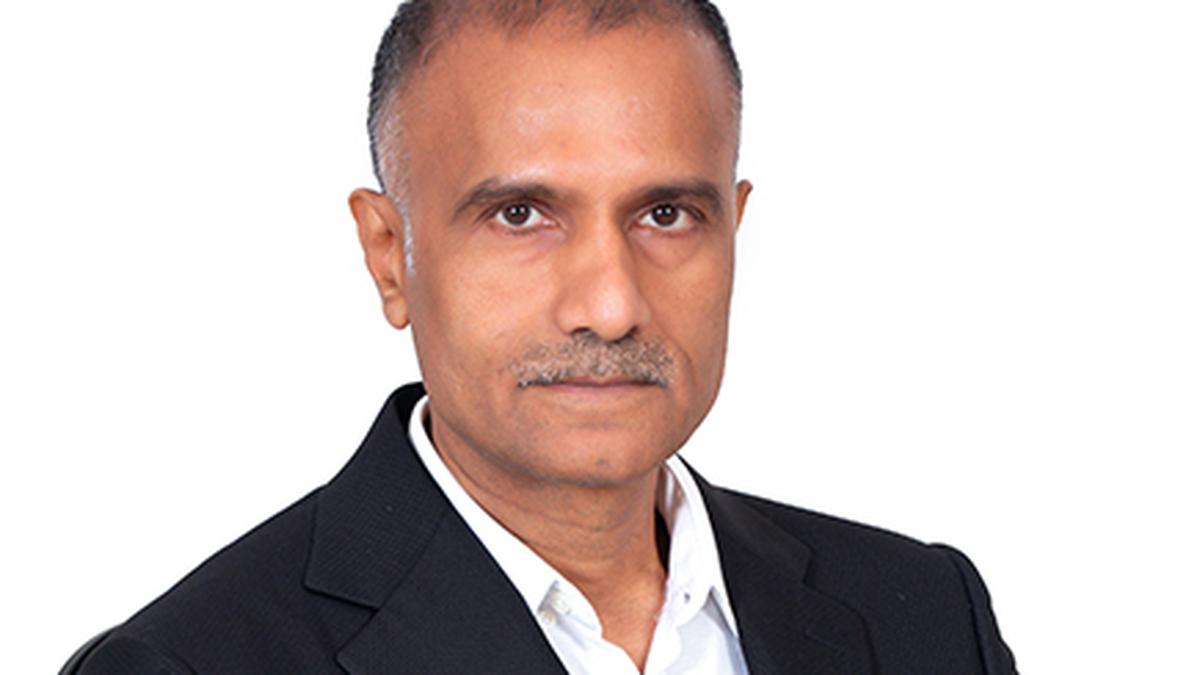Money is a pervasive influence in the lives of individuals across the globe. The strong desire for wealth and power is a common theme that transcends borders and cultural boundaries. Whether it is through the accumulation of material possessions or the pursuit of spiritual virtue, the underlying motivation often boils down to money. Money symbolizes power, security, and success, and it is seen as a means to attain a better future.
Even those who seemingly prioritize spiritual pursuits eventually circle back to money. The saints, in their pursuit of virtue, believe that by accumulating righteousness, they can secure a better afterlife – a more luxurious heavenly dwelling or a higher status in the celestial realm. In this sense, virtue becomes a form of currency, equivalent to money in the mortal plane.
While some individuals focus solely on the material wealth available in this world, others extend their aspirations to the next. They embody profound greed, lusting after the treasures promised in the realms beyond. For them, money represents not just earthly possessions but also a pathway to eternity. Attaining paradise becomes synonymous with acquiring wealth – a transaction that ultimately boils down to financial gain.
The preoccupation with money persists because it symbolizes power. It serves as a tangible manifestation of one’s dominance and control over others. Engaging in power politics inherently involves money, as it fuels the thirst for supremacy. Society encourages the accumulation of ever-increasing wealth, as power is insatiable and constantly seeks to expand its influence.
The relentless pursuit of money stems from a deep emptiness within individuals. This profound void compels them to seek material possessions, power, prestige, respectability, character, or virtue to fill the void. However, those who attempt to stuff this emptiness without addressing its true nature only meet frustration and disappointment. They spend their lives accumulating worthless things and engaging in fruitless endeavors, forever dissatisfied.
On the other hand, there are rare and extraordinary individuals who understand the futility of trying to fill the inner emptiness. Instead of attempting to stuff it with external distractions, they choose to explore the emptiness within. These individuals become meditators, embarking on a journey of self-discovery and self-realization.
Meditation involves looking into the inner emptiness, welcoming it, and being one with it. It is a practice devoid of any desire to fill the emptiness, as it is already complete and whole. The mind, however, often distorts the perception of this emptiness, making it appear as something lacking. By silencing the mind and embracing the emptiness, its true beauty and divinity can be revealed – a space overflowing with joy and contentment. Meditation teaches individuals that nothing external is needed to fill the emptiness within; it is already brimming with inherent completeness.
In conclusion, money occupies a central position in the thoughts and aspirations of individuals worldwide. Whether it is power, security, or spiritual fulfillment, the underlying motivation is often intertwined with money. The pursuit of money reflects a longing to fill the profound emptiness within, a desire to gain power and control. However, true contentment lies not in accumulating material wealth but in exploring and embracing the inner emptiness. Through meditation, individuals can unlock the genuine beauty and joy found in emptying the mind and embracing the present moment.










